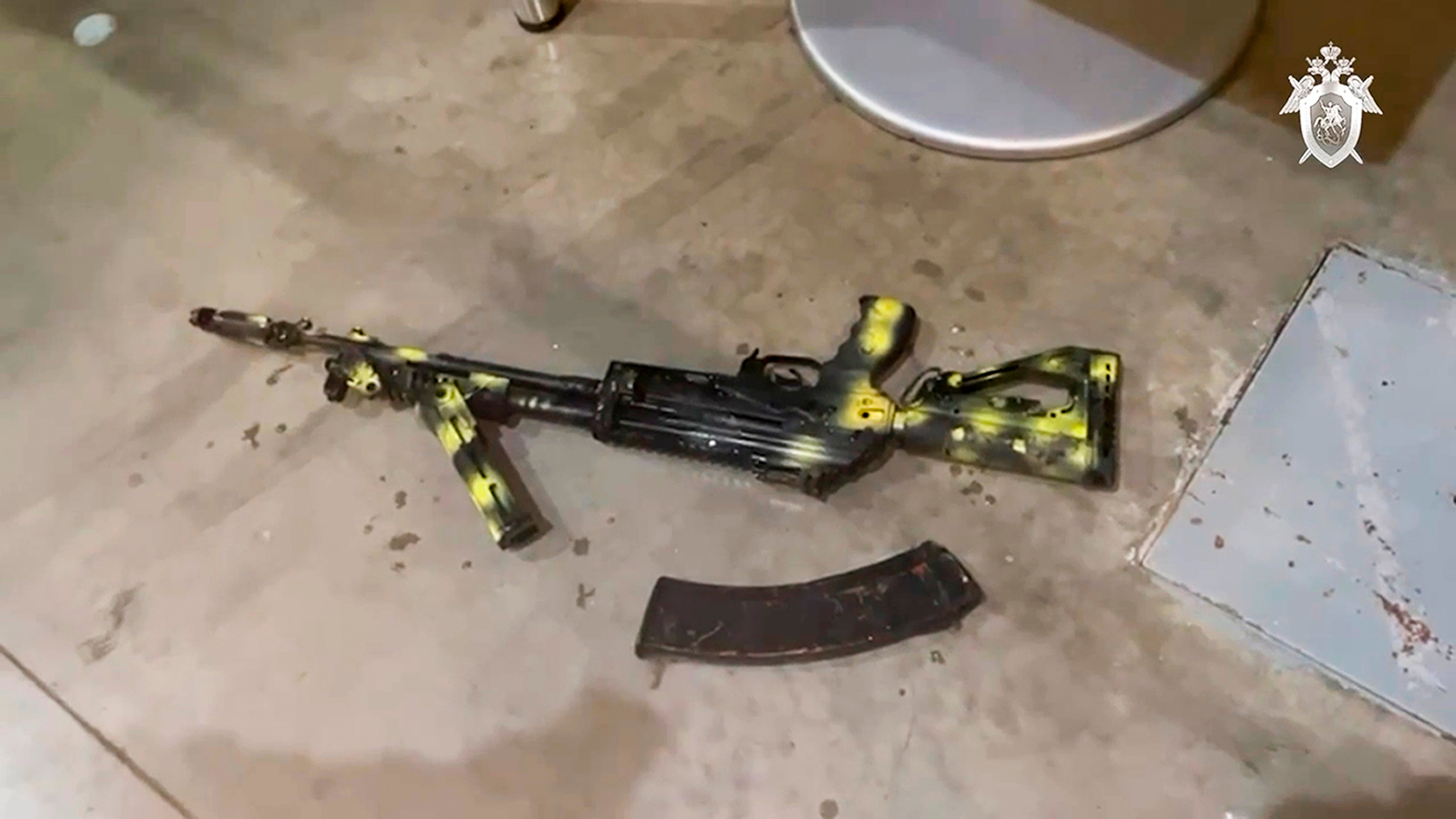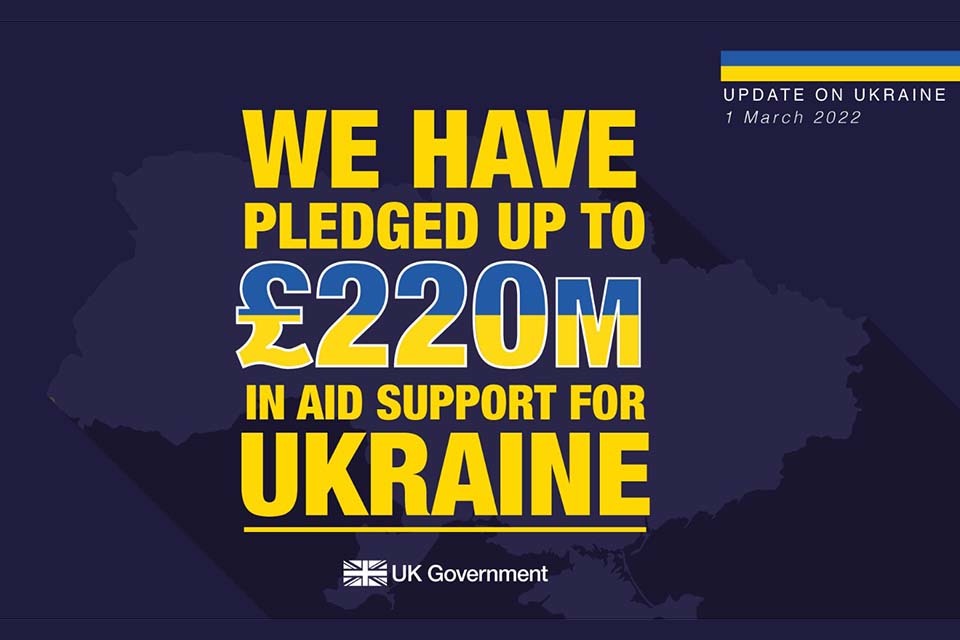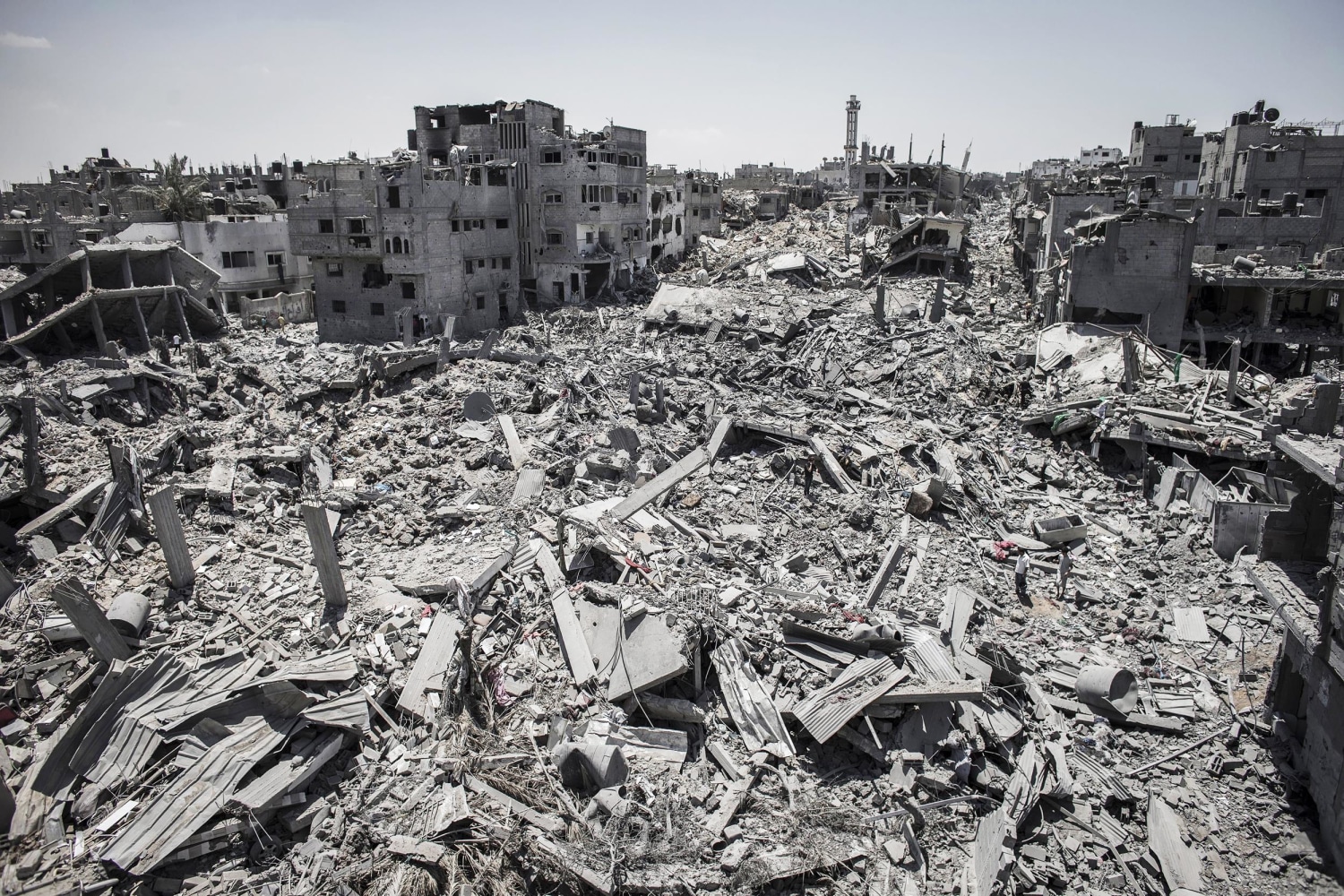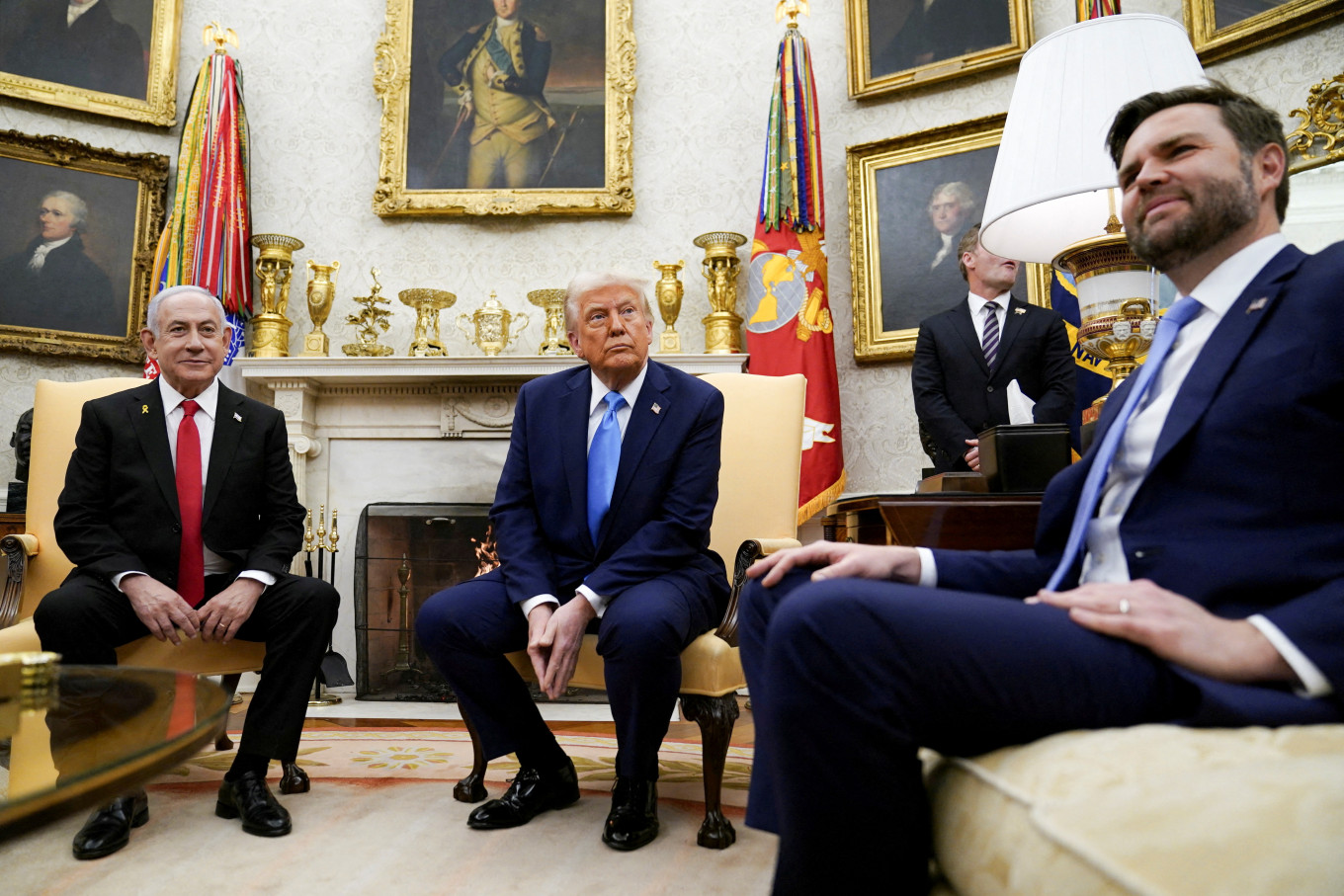Friends, buckle up. News just broke that a high-ranking Russian military official, General Andrey Moskalik, Deputy Head of the Operational Directorate of the General Staff of the Armed Forces, has been killed in a car bombing. Let that sink in. This isn’t just news; it’s a blatant escalation, and the Kremlin is already calling it a ‘terror attack’ – a charged term with significant implications.

Photo source:www.independent.co.uk
The Russian Investigative Committee has launched a criminal investigation, as you’d expect. But honestly, an investigation feels… inadequate. This smells like a deliberate, targeted hit. The question isn’t if there will be retaliation, but when and where.
It’s crucial to understand the landscape. Russia has been deeply involved in the conflict in Ukraine, and internal destabilization attempts have been a worry for some time. This event throws another log onto an already raging fire. It will undoubtedly fuel the narrative of external threats and justify even more aggressive actions.
Now, let’s break down the implications a bit further. Car bombings, particularly targeting senior officials, are rarely spontaneous. They signify a level of planning, intelligence gathering, and access. This points to a potentially well-resourced and highly motivated perpetrator.
Understanding the Context: Targeted Assassinations in Conflict
Targeted assassinations aren’t new to warfare. They’ve been used throughout history to disrupt enemy operations and eliminate key leaders.
The Role of Intelligence
Successful assassinations require meticulous intelligence gathering. Understanding a target’s routines and security measures is critical.
Escalation Dynamics
Events like this often trigger a cycle of escalation. Retaliation can lead to further attacks, creating a dangerous spiral.
Geopolitical Implications
This incident has implications extending far beyond Russia, potentially impacting regional and global security dynamics. We all need to watch this closely.





